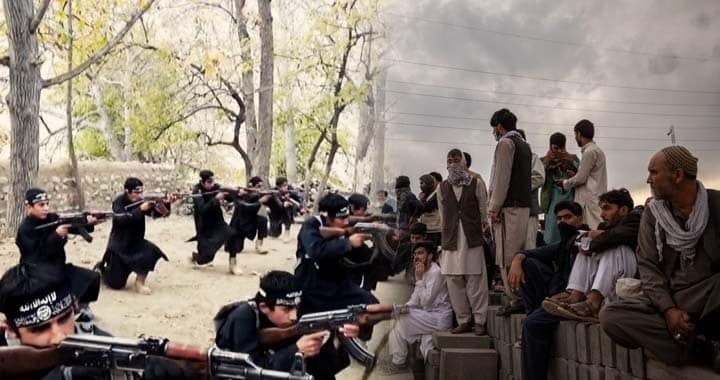A former senior United Nations counterterrorism official has warned that the ongoing mass deportation of Afghan refugees from Pakistan and Iran risks becoming a recruitment bonanza for IS-KP, the regional branch of the Islamic State.
Hans-Jakob Schindler, a former member of the UN Monitoring Committee on ISIS, al-Qaeda, and the Taliban, told The Media Line that the risk of a resurgence by ISIS-Khorasan Province is “very high”, especially as deported Afghans return to a country plagued by economic collapse, insecurity, and lack of reintegration support.
“Since August 2021, IS-KP has been attracting disillusioned Taliban fighters and alienated Afghans who feel abandoned by the new regime,” Schindler said. “The group is well-positioned to exploit their despair.”
His warning comes as over 1.2 million Afghan refugees have been deported this year alone, according to UN data; a number expected to climb. With Afghanistan’s economy already in freefall, most returnees face joblessness, poverty, and instability, ideal conditions for extremist groups to find new recruits.
Lucas Webber, a researcher at the Soufan Centre, echoed the concern. “For desperate families, the financial incentives offered by IS-KP can be compelling. It’s not ideology, it’s survival.”
While some experts offered a more cautious view, the overall consensus is grim. J.D. Maddox, a former CIA counterterrorism official, acknowledged the threat but noted that most returnees are not ideologically driven. “The majority are facing economic hardship, not radicalisation,” he said. However, he added that deportees’ familiarity with eastern Afghanistan and parts of Iran could inadvertently benefit IS-KP’s logistics and movement.
Security analysts warn that without urgent international action to support reintegration and basic needs, deported Afghans risk becoming fodder for militant recruitment, with consequences reaching far beyond Afghanistan’s borders.
“The Taliban’s grip on power could be shaken,” Schindler cautioned, “and the wider region could once again face the ripple effects of Afghan instability.”





